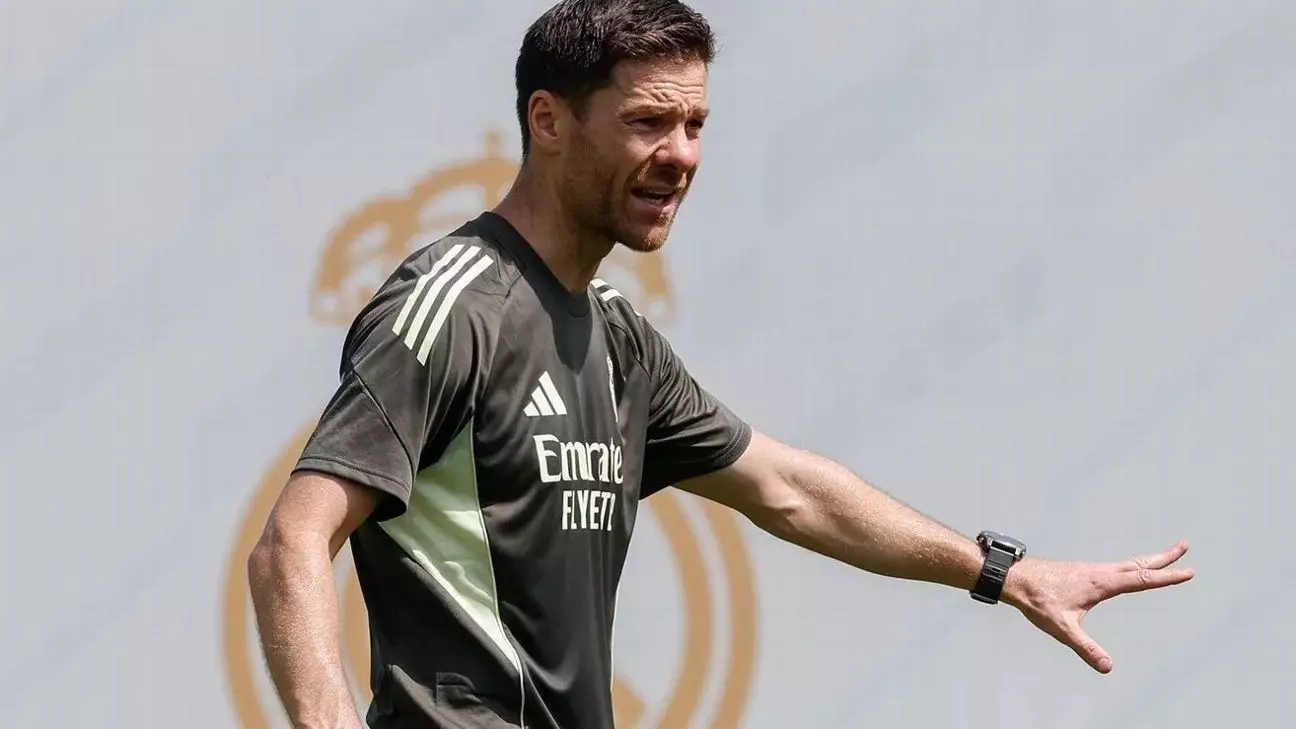As the summer heat begins to fade, Real Madrid embarks on a hurried preseason journey under the fresh leadership of Xabi Alonso. The timing couldn’t be more compressed: just two weeks before their LaLiga opener, Madrid’s squad assembled at Valdebebas, diving headfirst into their preparations. This aggressive schedule reveals a club that is eager to maximize the limited time available, but it also exposes vulnerability in their planning and readiness. No matter how legendary the club, rushing into competitive fixtures without adequate training and cohesion risks undermining their ambitions. The quick turnaround reflects Madrid’s relentless pursuit of excellence but raises questions about whether such haste might compromise long-term stability.
Strategic Ambiguity and the Challenge of Expectations
Madrid’s last-minute scheduling and the club’s plea to delay the opener illustrate a broader issue: the persistent tug-of-war between tradition and modern football pressures. Their argument about insufficient preparation time was dismissed by the federation, emphasizing an inflexible adherence to regulations over strategic athlete welfare. This rigid stance puts Madrid in a difficult position—they are expected to perform at their highest level with minimal buildup, testing the resilience and adaptability of their squad. The situation underscores the often-unseen realities teams face—balancing competitive deadlines with player health and tactical readiness, especially after a demanding international schedule. Madrid’s leadership must now navigate these challenges, balancing ambition with pragmatism.
The Transition Under New Leadership: A Rebuilding Phase
Xabi Alonso’s appointment signals a daring shift in Madrid’s philosophy—championing a fresh tactical approach rooted in the former midfielder’s vision. His brief tenure leading into the season has already been marked by uncertainty; Madrid bought time by bringing in promising signings like Trent Alexander-Arnold and young prospects such as Dean Huijsen and Álvaro Carreras. Yet, the club remains cautious, signaling that major transfer activity hinges on player departures rather than aggressive recruitment. The absence of key players like Jude Bellingham and Endrick due to injuries further complicates Alonso’s task. It’s clear Madrid is in a state of transition, trying to rebuild a squad that can compete both domestically and in Europe. The question remains whether Alonso can swiftly instill his tactical ideology and foster squad cohesion amid the chaos of a compressed preseason.
Implications for Madrid’s Title Contention
Real Madrid’s ambitions are undeniable—they refuse to settle for less than excellence. However, the quick start could backfire against more cohesive rivals who benefit from a longer preseason. Their signing spree, while promising, is punctuated by the uncertainty of integration and fitness. Moreover, the club’s reluctance to pursue further signings may paint a picture of cautious optimism, banking on existing talent. Key players’ injuries and the lack of a comprehensive build-up leave Madrid vulnerable to inconsistency, especially in their early fixtures. Ultimately, their success hinges on how well they adapt to Alonso’s coaching style, how quickly new signings settle, and whether they can overcome the inherent adversity of a season that begins before they are truly ready. If Madrid can harness their resilience and strategic foresight, this challenging start could be the spark for a triumphant campaign—if not, it could be a rocky road ahead.

